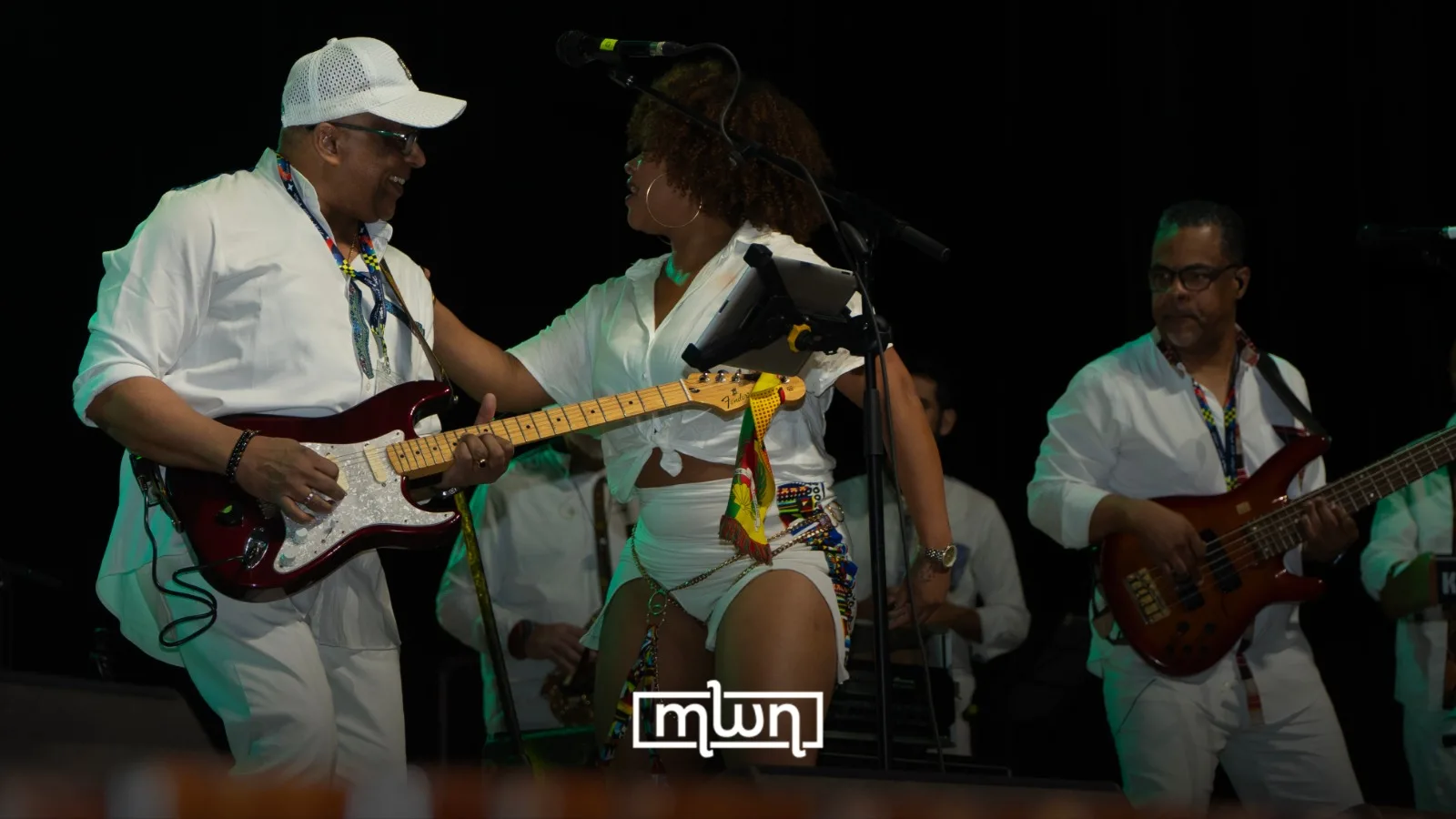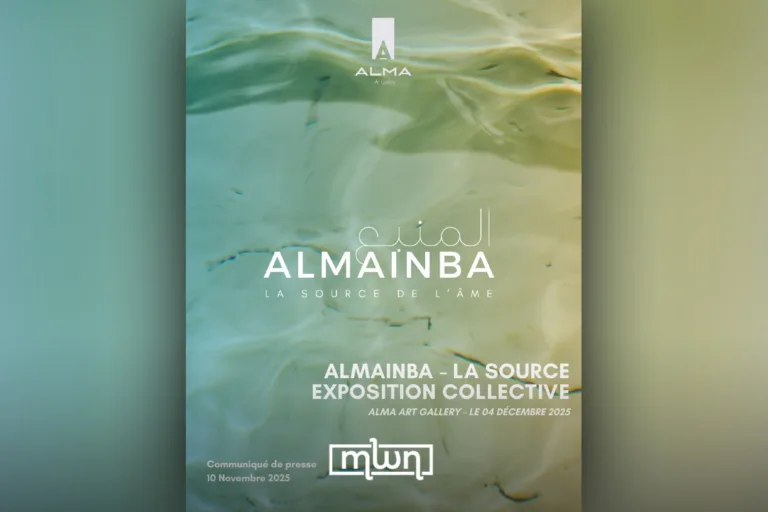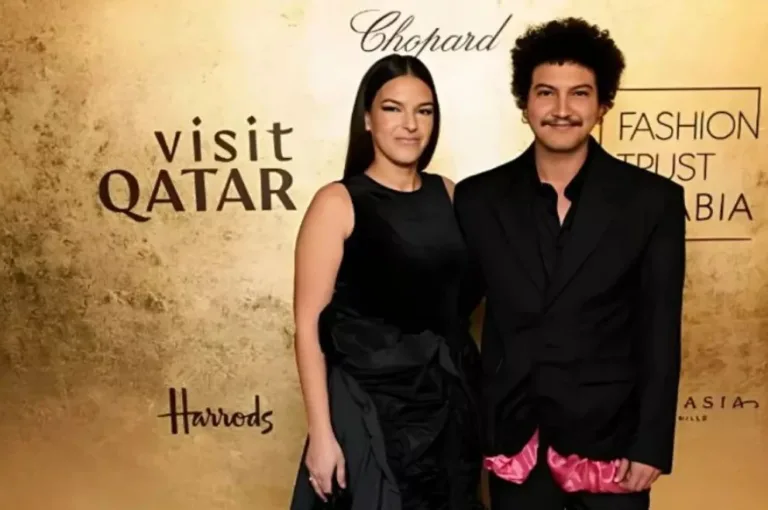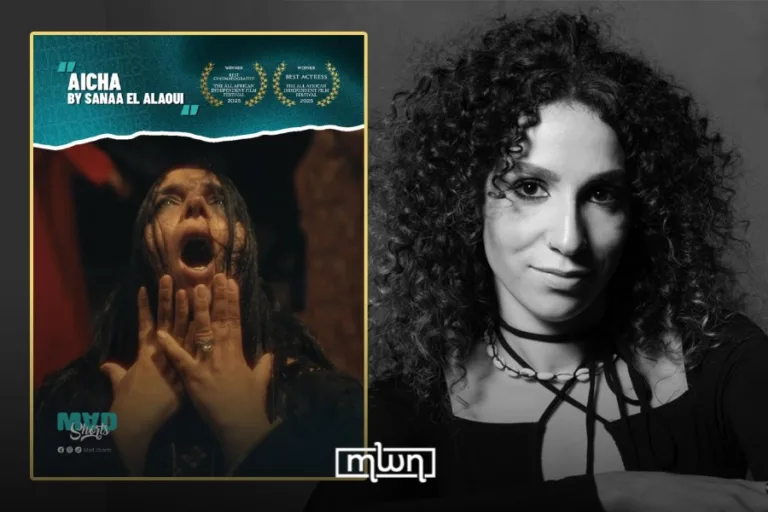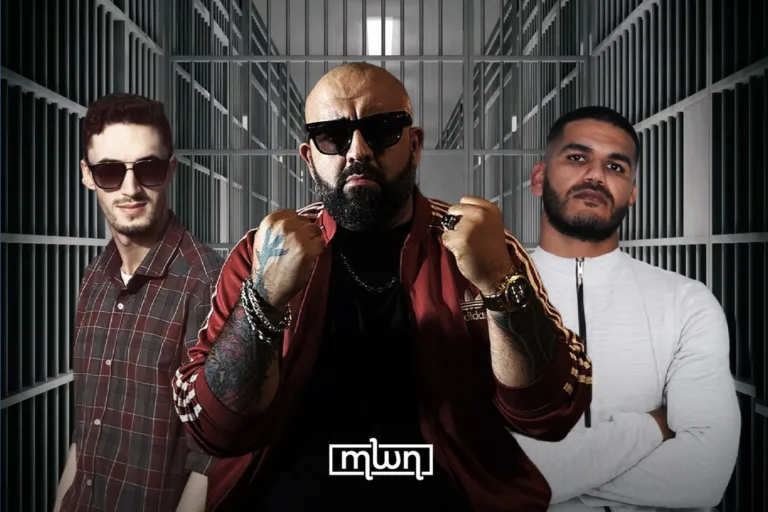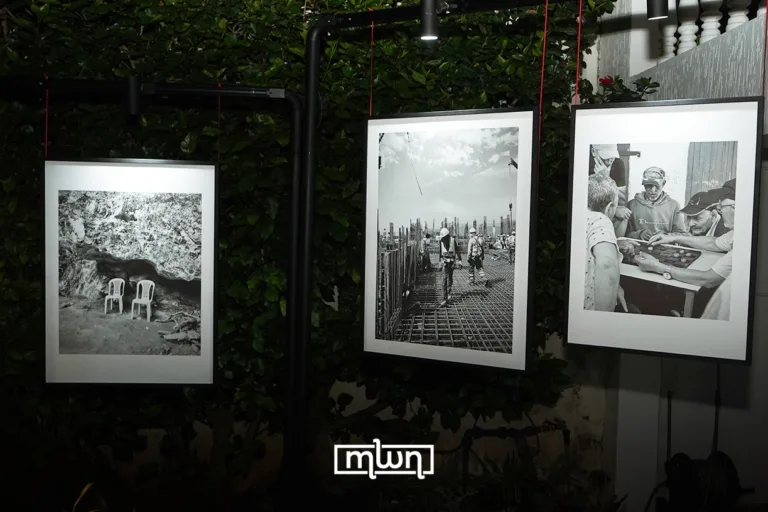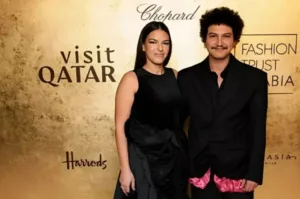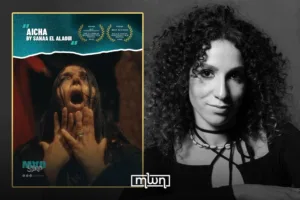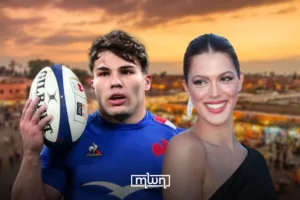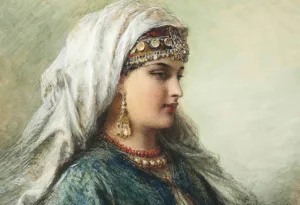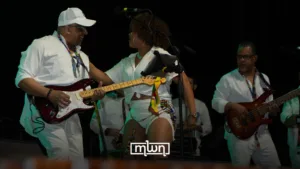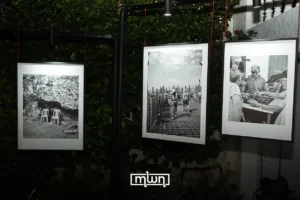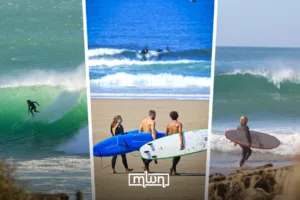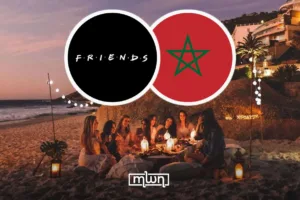Rabat — The stage told the story this week, the crowd did the rest. Visa For Music stacked its nights with discovery and craft.
Two performances cut through the noise. Tabanka Djaz brought creole groove and precision. Saad Tiouly answered with pulse and memory. Both shows felt immediate and alive.
Tabanka Djaz: Creole Legend
Tabanka Djaz opened on a tight beat. Drums locked in first. Bass and guitar slid over the groove. The singers rode the pocket with clean hooks. Creole harmonies bloomed on each chorus. The sound nodded to gumbé and island funk. It still felt fresh and sharp.
The band shaped dynamics with care. Tempos rose and fell with purpose. Breaks landed on the bar. The room clapped the pattern back. Call-and-response turned the hall into a choir. It was simple and powerful.
Midway through, the spotlight moved. The dancer stepped forward and the beat thickened. Shoulder rolls matched the snare accents. Footwork traced the bass line. Each cue fed the crowd. Cameras lifted all at once, and energy traveled from stage to floor and back again.
The closing run hit hard. Guitars pushed the melody. Percussion added extra swing. Voices climbed together on the last hook. Then one clean stop — silence, then cheers. The groove lingered as the lights shifted.
Saad Tiouly: Gnawa Pulse
Saad Tiouly took a different path. The band built from the ground up. The guembri set a low, warm pulse. Qraqeb answered with bright metal syncopation. Voices joined in unison, then parted into harmony. The shape was classic Gnawa. The feel was here and now.
The set moved in clear arcs. Slow openings let the room breathe. Mid-tempo chants pulled bodies forward. Faster sections sparked dancing near the front. Tiouly guided with small signs and short phrases. Players watched his hands and eyes, and nothing felt rushed.
The chants carried weight. Words rose and fell like waves. Audience voices found the line easily. Palms met metal in tight patterns. Feet mirrored the drum. The trance built without force. It arrived on its own time.
By the last piece, the room had shifted. People swayed as one. A few closed their eyes. The guembri kept the center steady. Qraqeb flashed around it. The final cadence landed soft and sure. Applause followed in a long ribbon.
These two sets showed the festival’s range. Tabanka Djaz offered polish and lift. Hooks traveled fast across the room. The dancer’s solo sealed the memory. Saad Tiouly held to roots and feeling. Pattern and prayer met on the floor. Both trusted rhythm first.
The crowd felt that trust. Fans clapped in time without prompting. Phones filmed, then dropped to hands. People chose to move instead. Strangers sang the same chorus. The hall turned communal for a night.
Visa For Music thrives when acts carry both craft and identity. That was the case here. The shows respected tradition and reached forward. They matched the city’s pace, too. Rabat likes rhythm with purpose. It likes songs that travel.
The takeaway is simple. A festival stands or falls on its stages. These stages held. Tabanka Djaz gave a party with brains. Saad Tiouly gave a ritual with light on it. Each felt true to its lineage. Each felt built for export.
As the week winds down, the echoes remain. A bass line you hum on the tram. A chant that returns on the walk home. The memory of a dancer’s turn on the beat. The calm of a guembri note in your chest. That is what lasts long after the lights fade.

